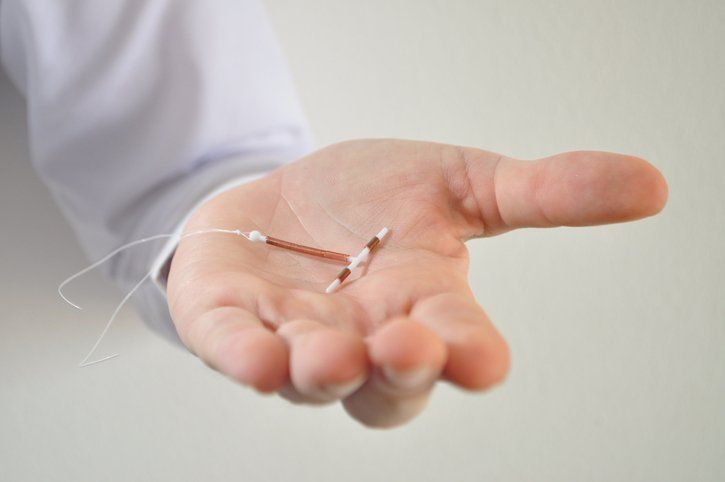The consensus among credible health organizations, such as the Cleveland Clinic and the Centers for Disease Control and Prevention (CDC), is that a woman should receive a Pap smear as a routine part of her gynecological visits once she reaches the age of 21. How frequently you receive them after that depends on your age and risk factors. Read this blog for some insight into the process to ease your mind if this is your first Pap smear.
General Information
The test checks your cervical cells, which come from the cervix — the lowest part of your uterus that holds a developing fetus and opens for childbirth. Additionally, when you aren't pregnant, this reproductive part makes mucus to ward off uterine infections.
During a Pap smear, a practitioner will use a speculum to widen the vaginal opening and obtain a sample. A gynecologist will then send the sample to the lab to evaluate it for abnormalities or cancer.
They can also use this test to check for inflammation and certain types of infections, including the following:
- Human papilloma virus (HPV)
- Trichomoniasis
- Herpes simplex virus
- Cytomegalovirus
- Candida (yeast infection)
Frequency
Generally, you should begin Pap smear screenings at 21 and receive them every three years until you reach the age of 29.
From ages 30 to 65, you should have a Pap test every three years. Or you should receive a Pap and HPV test every five years. If you're over 65, Pap smears are usually unnecessary if you've had consistently normal results throughout the years and don't have a high risk of cervical cancer.
Reasons a gynecologist may recommend Pap testing beyond the age of 65 or more frequently than average are due to the following:
- You have human immunodeficiency virus (HIV)
- You are immunocompromised from a condition besides HIV
- You had cervical cancer in the past
- Your mother took diethylstilbestrol while pregnant with you
Moreover, no matter your age, if you had a complete hysterectomy — removal of the uterus and cervix — and have not had cervical cancer in the past, you may not need a Pap smear. However, a specialist will discuss your medical background and determine a Pap smear schedule that is ideal for you.
Preparation
You should schedule a visit at least five days after your last menstrual cycle for the most accurate results. Additionally, a practitioner suggests that you refrain from the following for at least two days before your test:
- Vaginal sex
- Vaginal jellies or foams
- Vaginal medications or creams
- Medicated or non-medicated douches
- Scented or unscented tampons
Process
Typically, this cervical examination takes only a few minutes. First, a practitioner will widen the vaginal canal with a speculum and use a spatula or small brush to obtain the sample. You may feel some discomfort during the test, but this will stop once the exam is over. You shouldn't have any pain or cramping afterward.
However, you may notice light vaginal bleeding after the test, which is normal, and tends to subside within 24 hours after the exam.
After the test, you'll notice a practitioner will place the sample into a liquid substance to preserve it until it reaches the lab. Once at the lab, a pathologist evaluates the cervical cells.
Generally, you'll receive your results within three weeks of the test. You may need further testing, which a gynecologist will advise you of when you should receive your results.
When you undergo a Pap smear, it's a straightforward test that doesn't take long to complete and causes minimal pain. Yet, it can provide major benefits for you, especially if it detects cervical cancer early or gives you peace of mind.
If you're due for a Pap smear,
contact
Dr. Jack G. Faup M.D.'s office today to book your



